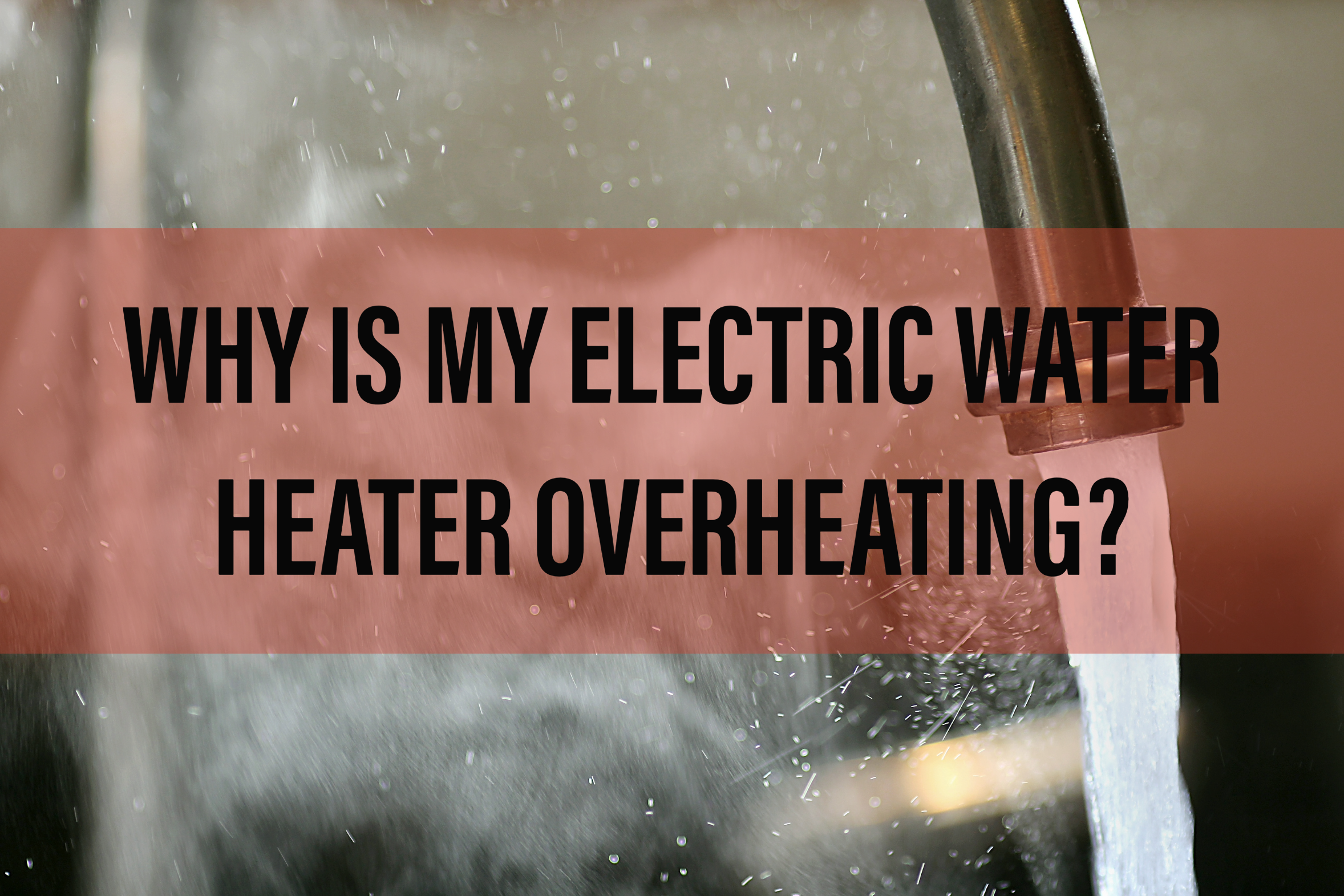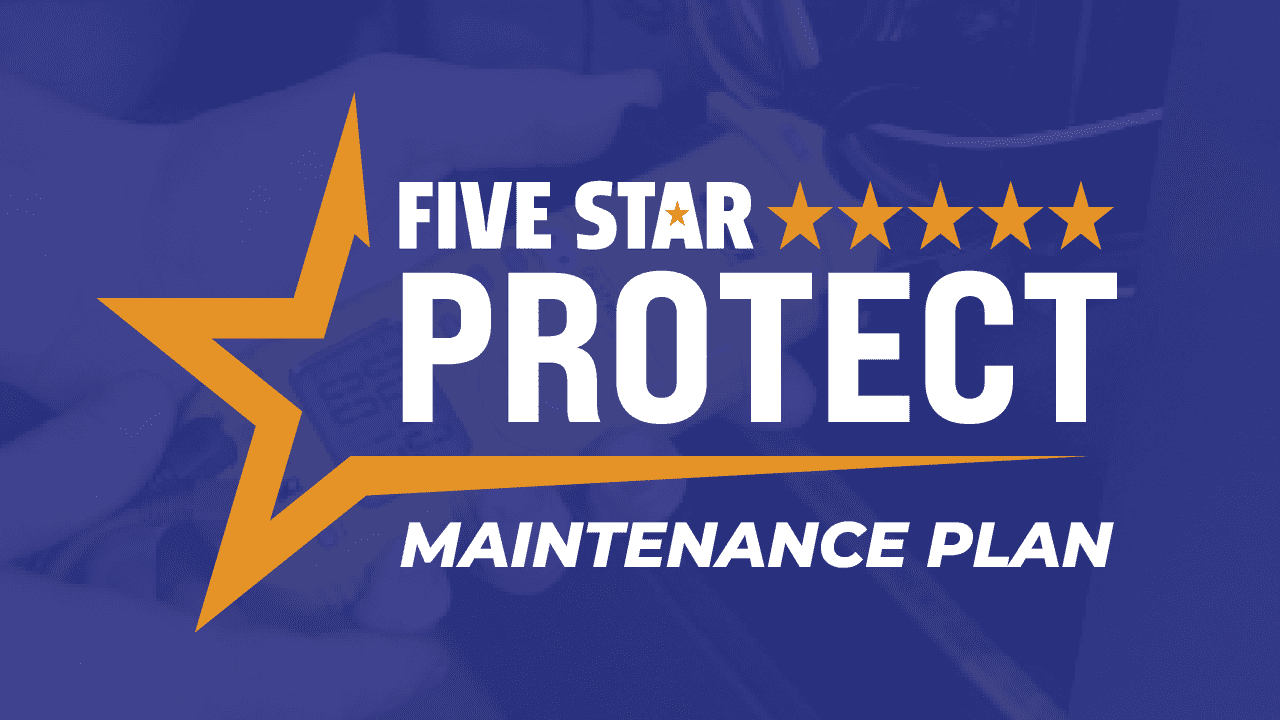One of the most common issues with electric water heaters is that they can overheat. And well, that means you could end up with scalding hot water coming out of your sinks and showers! On top of that, if your water heater overheats for too long, it can cause some serious damage. If you ever find yourself in this situation, don’t worry! Your pals at Narrow Path Plumbing are here to help you out! We’ve put together the three most common reasons electric water heaters overheat:
1. HAVE YOU THOUGHT ABOUT THE THERMOSTAT?
The thermostat for your electric water heater is super important for keeping the water temperature just right inside the tank. It acts as the control center that decides when to turn on the heating element so your water stays perfect. But sometimes, issues with the thermostat can cause overheating due to:
- Settings Being Too High: If the thermostat is cranked up too high, it’ll keep heating the water to that elevated temperature, even when it’s not necessary. Not only does this waste energy, but it can also make the water dangerously hot.
- A Malfunctioning Thermostat: Sometimes, a wonky thermostat might not read the water temperature correctly or control the heating element properly. This could cause the heater to stay on longer than needed, leading to overheating.
To troubleshoot if the thermostat is the culprit, let’s start by checking if it’s set to the right temperature. If the problem persists, it’s a good idea to reach out to a professional who can inspect and, if needed, replace the thermostat for you. Don’t hesitate to ask for help!
2. HAVE YOU THOUGHT ABOUT THE HEATING ELEMENT?
The heating element is the component that’s responsible for heating the water in your electric water heater. Just like any mechanical part, it can wear out over time. And when that happens, it might become a little less efficient, causing problems like overheating. Sometimes, a heating element can get stuck in the “on” mode, constantly heating the water, even when it’s already at the desired temperature. Another possible reason that leads to overheating is that as the heating element wears out, it starts losing its efficiency in heating water. To compensate, it might have to stay on for longer periods.
If you suspect there’s an issue with the heating element, it’s a smart move to get some assistance from a professional. A licensed plumber can take a look and replace the element if necessary.
3. HAVE YOU THOUGHT ABOUT SEDIMENT BUILDUP?
Over time, sediment, which is mostly minerals and debris from your water supply, can accumulate at the bottom of your water heater tank. (That’s why it’s important to do regular maintenance!) Built-up sediment can be a bit of a troublemaker. It acts like an insulator, creating a barrier between the heating element and the water. This can cause some overheating issues because the poor heating element has a hard time transferring heat effectively.
To deal with the insulating effect of sediment, the heating element goes the extra mile and runs for a bit longer, resulting in higher energy usage and the possibility of overheating. This means flushing the tank is necessary to get rid of the built-up sediment. Since it involves water and electricity, it’s a good idea to have a licensed plumber handle this task for safety reasons.
In summary, dealing with an overheating electric water heater is a problem that needs your immediate attention. It’s all about preventing scalding, protecting your unit, and keeping your energy costs in check. By knowing the common causes of overheating and taking the right steps, you can ensure your electric water heater works safely and efficiently, providing a steady supply of comfortably warm water. So, if you’re facing overheating issues you can’t handle, feel free to reach out! We’re here to lend a hand!
Call Narrow Path Plumbing today at (937) 623-2619, or schedule an appointment online now by clicking here!





